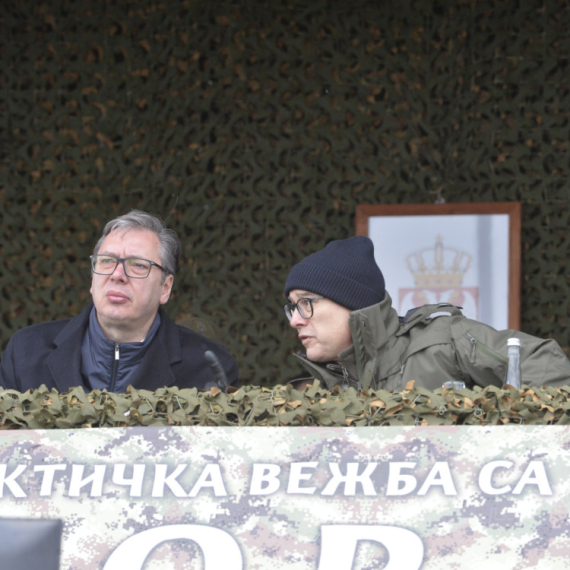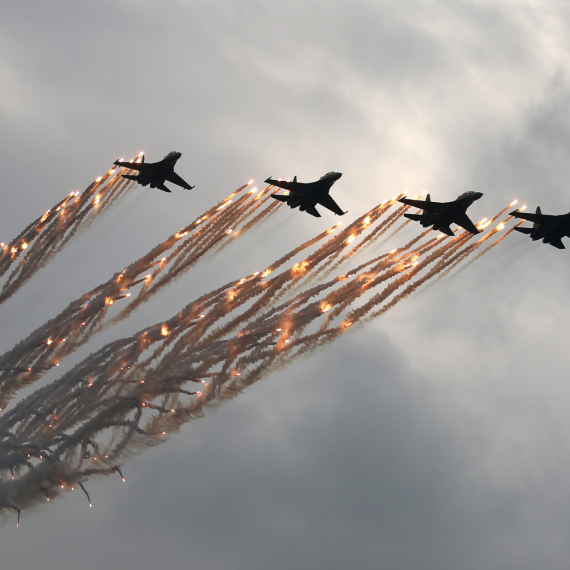Serbia's Germans form national council
Ethnic Germans in Serbia have established their national council in Novi Sad yesterday.
Sunday, 16.12.2007.
10:48

Ethnic Germans in Serbia have established their national council in Novi Sad yesterday. The gathering in the provincial capital also chose Andreas Birgermajer as the organization's chairman. Serbia's Germans form national council Heads of German associations in Subotica and Sombor, Rudolf Vajs and Anton Bek, were appointed Birgermajer's deputies. "This did not go so smoothly. A lot of people had to be persuaded that sticking together is the only way for us to survive," the chairman said, and added that Vojvodina-based Germans view the event as having a historic significance. "Most importantly, this confirms our existence here. It will now be easier to advance our language, culture and customs, as the state will assist us in this. We have now been given the status of an ethnic minority and all the rights that the law and constitution provide," he explained. According to Birgermajer, the council now has a difficult task ahead rehabilitating all those innocent Germans who lost their lives in post-war Yugoslav camps. The organization will also push for restitution of the victims' property to their heirs. The 2002 census showed that 3,901 ethnic Germans lived in Serbia. Some estimates say that around 400,000 local Germans were exiled from Vojvodina after the end of the Second World War. They were stripped of their property, citizenship and all civil rights, for what was seen as their collaboration with the Nazi German occupiers. Several thousand Vojvodina Germans, the so-called Volksdeutchers, also died in post-war camps. The victims were mainly women, children and elderly, who succumbed to hard labor, hunger and disease.
Serbia's Germans form national council
Heads of German associations in Subotica and Sombor, Rudolf Vajs and Anton Bek, were appointed Birgermajer's deputies."This did not go so smoothly. A lot of people had to be persuaded that sticking together is the only way for us to survive," the chairman said, and added that Vojvodina-based Germans view the event as having a historic significance.
"Most importantly, this confirms our existence here. It will now be easier to advance our language, culture and customs, as the state will assist us in this. We have now been given the status of an ethnic minority and all the rights that the law and constitution provide," he explained.
According to Birgermajer, the council now has a difficult task ahead rehabilitating all those innocent Germans who lost their lives in post-war Yugoslav camps. The organization will also push for restitution of the victims' property to their heirs.
The 2002 census showed that 3,901 ethnic Germans lived in Serbia.
Some estimates say that around 400,000 local Germans were exiled from Vojvodina after the end of the Second World War.
They were stripped of their property, citizenship and all civil rights, for what was seen as their collaboration with the Nazi German occupiers.
Several thousand Vojvodina Germans, the so-called Volksdeutchers, also died in post-war camps. The victims were mainly women, children and elderly, who succumbed to hard labor, hunger and disease.
















Komentari 26
Pogledaj komentare